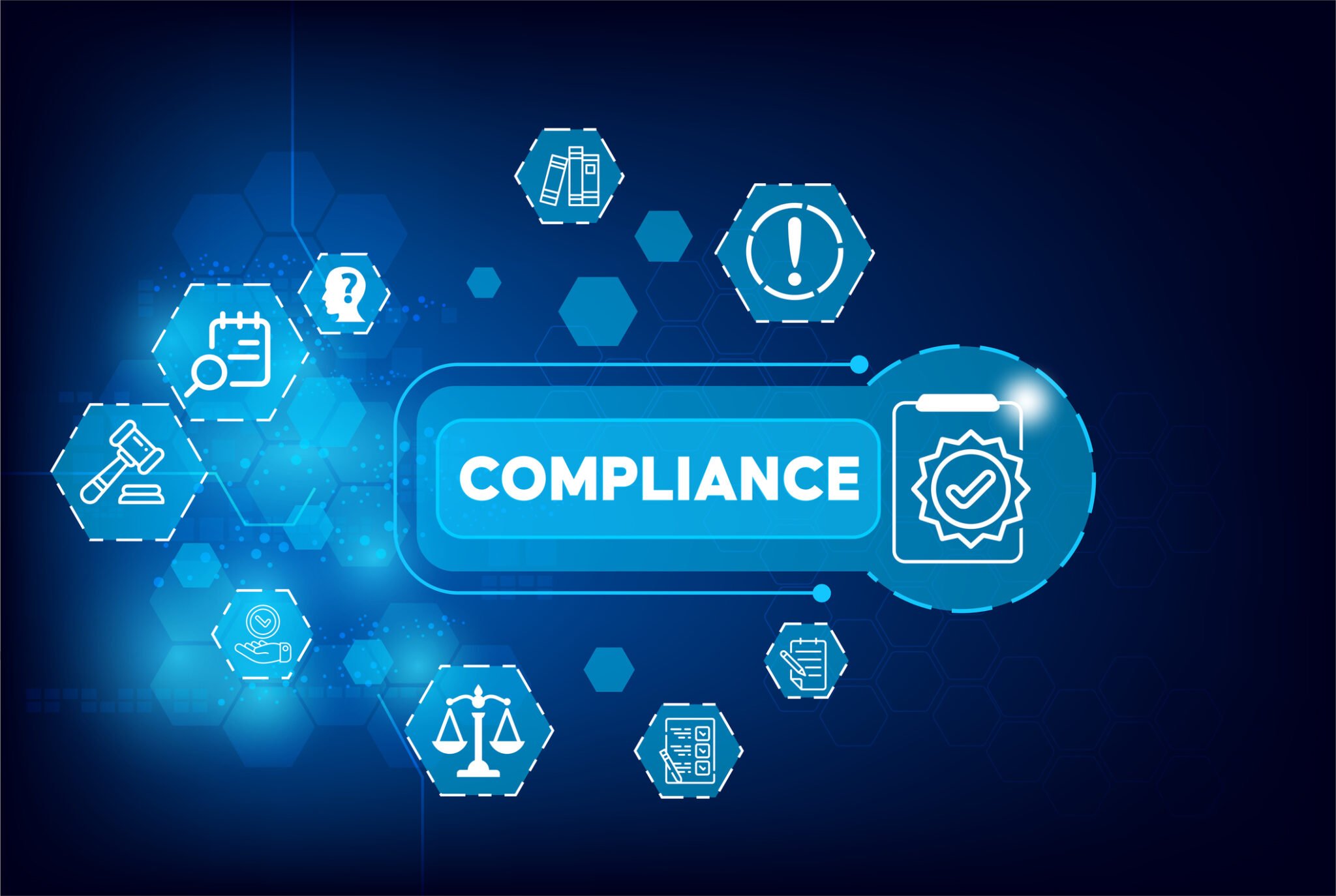Four views from our Digital Accountancy Show panel discussion…
Recently, I was invited to host a panel discussion on the second day of the Digital Accountancy Show. The topic was The Future of AI in Accounting: Where are we Headed? First of all, I would like to thank my wonderfully knowledgeable panellists, Aaron Wittman (Xbert), Nicolai Thomson (Jenesys AI) and Chris Downing (Sage).
As many of you would have noticed, AI in accounting was one of the major topics at the show and featuring in many conversations we’re all having. From where it was headed through to how you can incorporate AI into your firms now, it seems everyone is at different stages of their AI journey.
So, after the introductions of our panellists and hearing about what their companies are doing in the AI space, here are the key topics we covered for the benefit of all.
Has the use of AI in accounting increased?
Firstly, we covered how accounting firms are definitely increasing their use of AI on repetitive tasks. The consensus from the panel was that a lot of the uptake of these tools tends to be within Enterprise level firms. Whilst there has been a lot of hype around AI in accounting, there has not been the corresponding adoption, yet.
This level of discussion and slower adoption is something that we saw when online accounting and bookkeeping first arrived, and now it is an indispensable tool for accounting firms. So, watch this space!
What is the purpose of AI in accounting?
We discussed how AI can be used for wider purposes than simply eliminating repetitive tasks. AI can be used to help firms identify fraud or mistakes that arise from manual processes. In situations where firms have a lot of internal processes, or rules to follow, it can be easy to miss some steps and this is where AI can step in to provide an additional quality assurance layer.
This led on to the panel talking about AI providing further alerts and insights from client data. Using generative AI, you can save time by creating rules that are in place over the data, so that if any of it meets certain criteria then that can be flagged as needing further attention. This can aid firms in providing both further value-added services as well as reducing the amount of time that accountants spend responding to unusual client accounting activity.
What are some of the concerns around AI?
Whilst all of this sounds great, what is preventing a speedy adoption of AI in accounting firms? Ethics is one of the areas that we dug further into. As we get used to AI, we are also developing our thinking around the governance that is needed around its use. The European Union passed the Artificial Intelligence Act in March this year, and the panel agree this will go a long way in providing guidance, which will be needed AI adoption increases.
Security is something else that our panel members pointed to as slowing the adoption of AI. Often people like to wait and see what happens with something like this before they take steps themselves and add it into their tech stack – let others “test it” first. Interoperability also raised its head here. Obviously, we also need all of the pieces of AI we introduce into firms to be capable of working together, as well as ensuring that they do indeed make accounting work easier, rather than adding further complications.
So as a crucial step in the managing AI journey, just like last year, I asked the audience how many of them had an AI policy within their firms. Again there was a very small number of hands raised.
Many of you know how I feel about this. When creating a policy for your firm, the key thing is to just get started and write some stuff down! You can update it as you learn and use AI more and there are a number of resources online that can help with the questions you need to think about when creating your first AI policy. I plan to share some lessons learned developing our AI policy at Silverfin in my next blog – so look out for that one shortly!
AI may have been looked at suspiciously by some accountants, partly due to the narrative around how AI was coming for people’s jobs. However, within the accounting industry, all of the panel agreed that this is not something that people should be worried about. The jobs that AI may impact will be predominantly manual. And so this means that people will be freed up to create new opportunities for themselves, as well as focusing on the parts of their accountant role where they can add increased value to their clients.
Another topic discussed by the panel was the slow adoption and use of AI by accountants’ clients. We believe this creates an opportunity for accountants to be seen as a trusted advisor to clients when it comes to the use of AI in their accounting and bookkeeping tools. This engagement will also allow accountants to better understand what facets of AI and overall tooling are important – and stay current with actual operational practices in client businesses.
Our panel delivers their 12 month predictions
After all of this great discussion, I asked our panel members to predict where they think we will be in 12 months time. The responses were surprisingly varied.
- Aaron Wittman predicts that products will offer a virtual AI team to serve/support accountants. Think of this as Siri or Alexa for accountants. These autonomous agents will be more human-like than we can imagine now.
- Chris Downing believes bookkeeping tools will not only give you better insights but these tools will also be performing tasks for you such as doing your timesheets, sending out the emails to people and then following up to make sure they pay etc.
- Nicolai Thomson believes in 12 months time AI will ensure a client’s cash position will be accessible in real-time. This allows budgets to be kept up-to-date and accountants can provide their clients with great service by being able to furnish them with an accurate cash position whenever they need to know it.
At the Digital Accountancy Show next year we will be able to see how accurate these predictions have been!















